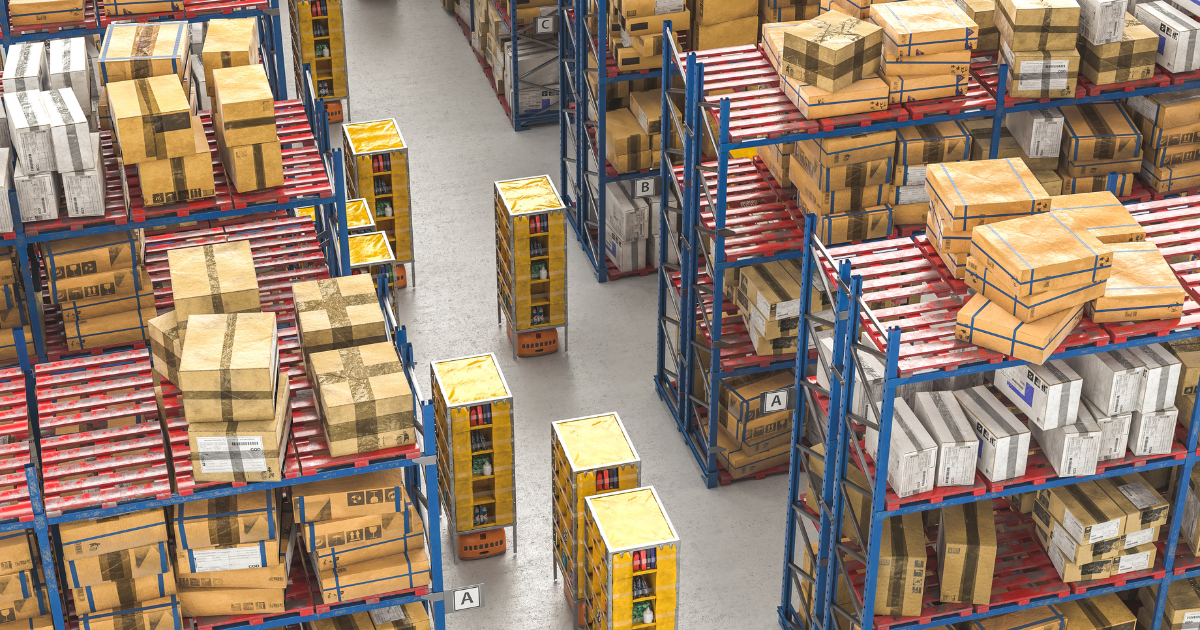ERP software has a close connection with the manufacturing industries. Food manufacturing is one such industry which needs an efficient business management system to control daily business activities. Food manufacturing enterprises need to have ERP software tailored to their requirements.
One of the behemoth concerns is that food is a perishable product and can be infected with disastrous foodborne bacteria. This can sabotage the company’s reputation.
What is ERP software?
Enterprise resource planning software is an efficient business management system to maintain the continued workflow of its operations. Modern ERP systems can be customised based on the industry’s requirements. It will benefit the company by increasing productivity.
An ERP solution is like the central nervous system, managing all the core operations efficiently and in-depth.
The food and beverage industry will significantly benefit from implementing an ERP system for their business. Both small and large-scale food industries require an ERP system to help them compete and stay on top.
Pandemic covid 19 was an example wherein all the businesses realised the importance of implementing an ERP system to conduct their business smoothly.
ERP system Benefits for Food and Beverage Industry
An ERP software for the food and beverage industry is essential to control and manage your business’s critical operations. An ERP system’s benefits for the food and beverage industry are mentioned below.
Abiding by Compliance
Compliances in the food and beverage industry change frequently. And it has to be followed strictly due to health hazards. Keeping track of this everchanging compliance is challenging for the business. A food ERP software keeps track and notifies of the latest compliance. Plus, it maintains transparency in the supply chain process, helping employees to identify any issues.
Inventory Management
The food and beverage industry produces perishable products. So it’s highly challenging to manage the inventory. A food ERP system has embedded tools like batch tracking and predictive tools management, which will help maintain a sustainable and viable practice.
Ecommerce Platform
We are all getting accustomed to the digital age. Likewise, businesses also must get adapted to the changing trends. If you want to increase your customers, selling your product on an e-commerce platform will help. ERP software provides multi-device access, and in addition, it can manage your product data in multiple e-commerce platforms.
Managing and Storing Data
Data is the most significant component of the f&b industry. An ERP software has a centralised database where all the collected data is stored. All the data from various business operations are collected and stored in this centralised database. Any user can access it without the need to seek permission.
Quality Control
Quality control is a significant component of the f&b industry. The f&b industry invests a lot of time in maintaining the highest quality. The food and beverage manufacturers ensure maximum safety and high-quality product, which will affect their company’s reputation. Maintaining quality is more complex in this industry. Food products are perishable, so it has to be consumed sooner. The quality must be maintained from sourcing raw materials until the customers consume the product.
Customer Service
Competition is fierce in the f&b industry, so it’s vital for food and beverage manufacturers to maintain good quality and adapt to the changing trends to stay ahead of the game. Customers prefer brands which provide high-quality goods and provide the best customer service. For example, some cookie brands from the 90s still sell their product. That is because of capturing the sentiments of the 90s at that time. So the customers stay loyal every time.
Competition
The food and beverage industry is a highly competitive market. If the industry fails to adapt to all the latest technological trends, it’s tough to survive in this competitive market. Investing in a food ERP system is very effective in competing.
Also read: How ERP Software improves Inventory Management System?
What is Inventory Management in the Food Manufacturing Industry?
Inventory management is critical for any business. If a company is producing goods, then there will be inventory. Inventory management includes the time the customer purchases goods from the supplier till it reaches the customer. It is essential to know that inventory represents money. So it is vital to keep track of the inventory’s every function. Poor inventory management can be a significant loss to the company.
Inventory has to be managed very carefully. If the company fails to fulfil orders to the customer, it is very bad for the company. They will lose more customers. If there is no access to accurate data visibility, you may sometimes lose the product or send some damaged goods to the customer. Again replacing it with another product is another expense for the company. It will negatively impact the company.
Effective inventory management includes tracing the number and location of the product in real-time. Data visibility is an essential factor in inventory management. There should be clarity regarding the quantity of the raw materials used for manufacturing purposes, the finished goods stored and the shipped products.
Some effective inventory management techniques are listed below.
First in, first out (FIFO)
In this method, the old products are shipped out first to avoid keeping the products past the expiration date.
Last in, first out (LIFO)
In this method, the latest manufactured product is shipped first due to rising product prices in the market at that particular time.
Just-in-time (JIT) inventory
This type focuses on organisations that follow lean manufacturing methods to keep their inventory low to avoid inventory storage costs and waste.
Economic order quantity (EOQ)
This formula calculates the number of units of supplies to purchase, mainly to reduce inventory storage costs.
ABC analysis
In this type of inventory management, the products are categorized into A, B and C types. In category A, the products that are high in demand and sell the most are placed. In B, the less popular products are placed. These products sell but not like A. The rest of the products are placed under category C.
Materials requirements planning (MRP)
In this type, the supplies are purchased based on the demand analysis of the market. The quantity of raw materials for manufacturing is planned based on consumer demands.
Days sales of inventory (DSI)
Some enterprises calculate the days a product is stored in the inventory before it is shipped to a supplier. Days in inventory(DII) and days inventory outstanding (DIO) are the metrics to determine if the company is keeping the products for a long time.
So the companies choose one method to implement in their inventory. Only one of the methods is implemented by the company, so it will be easier for them to invest in software helping that particular method to be executed effectively.
ERP solution for inventory management in the food and beverage industry
The use of technology is a boon to managing inventory efficiently in this industry. Food safety is one of the primary factors in this industry. Keeping that in mind, investing in an ERP system is wise to help the business function effectively. Some of the solutions of ERP software to effectively manage inventory are enumerated.
Forecast demand and order supply
Demand forecasting helps in maintaining the inventory. Automation is the key to identifying if the stocks fall below the threshold.
Manage formulation
In the f&b industry, it is vital to maintain the correct quantity of all the ingredients in the manufacturing process. Automatically the measurements can be entered, and the manufacturing process can be scheduled. An ERP system efficiently analyses any units of measure.
Product tracing and waste reduction
Food is a perishable product. So it is essential to maintain all the safety. First, avoid cross-contamination, and maintain proper temperature management controls. ERP software helps trace the product and its duration in the inventory and avoids wastage. It tracks if the inventory is overflowing.
Shortages in the supply system
Shortages are common in the f&b industry. An ERP system helps track shortages in the stocks and helps improve communication with the suppliers, which will help reduce unexpected shortages.
Also read: 6 inventory management tips in the food production industry
Food industry-specific ERP software is an advantage in effectively managing the entire business process. The food industry specifically has to be careful not to tarnish its reputation. Choose to invest in a functional ERP system that will help your expanding enterprise and embraces the latest technology.
Sage X3
Sage X3 is an excellent business management system well designed to suit the requirements of the business. The software has a user-friendly and interactive interface. It controls all the core business processes and effectively helps in optimising the data flow. It has a centralised database where all the data can be stored and is accessible to all the users. It is customisable based on any industry. Many clients have implemented Sage X3 and achieved success and higher revenue.
Sage Software Solutions is a leading IT company with an array of advanced ERP Software solutions. Our proprietary products — Sage X3 and Sage 300 will help you cut your operational expenses, improve business productivity, increase operational efficiency, forge robust customer relationships, and strengthen association with vendors, suppliers, and distributors. So, if you are looking to reinforce your business fundamentals and emerge as an industry leader, then please schedule a call with one of our sales representatives.




